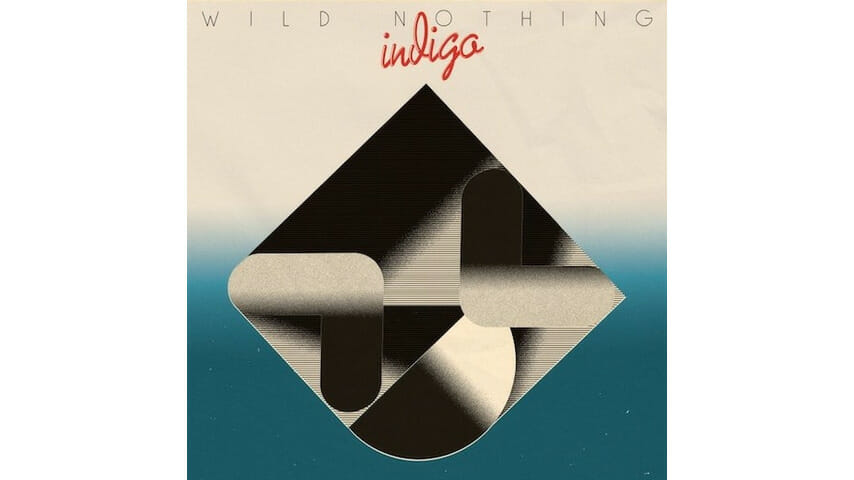Wild Nothing: Indigo

If Wild Nothing’s new album couldn’t be timeless, mastermind Jack Tatum wanted it to sound, in his words, “at least ‘out of time.’” For some reason, he figured that focusing on ’80s-style synthesizers would do the trick. In a way, it did, but probably not in the way he imagined. On 11 songs flush with glossy synths buffed to a rubbery sheen, Indigo plays like a pure, but unoriginal tribute to ’80s pop.
-

-

-

-

-

-

-

-

-

-

-

-

-

-

-

-

-

-

-

-

-

-

-

-

-

-

-

-

-

-

-

-

-

-

-

-

-

-

-

-








































